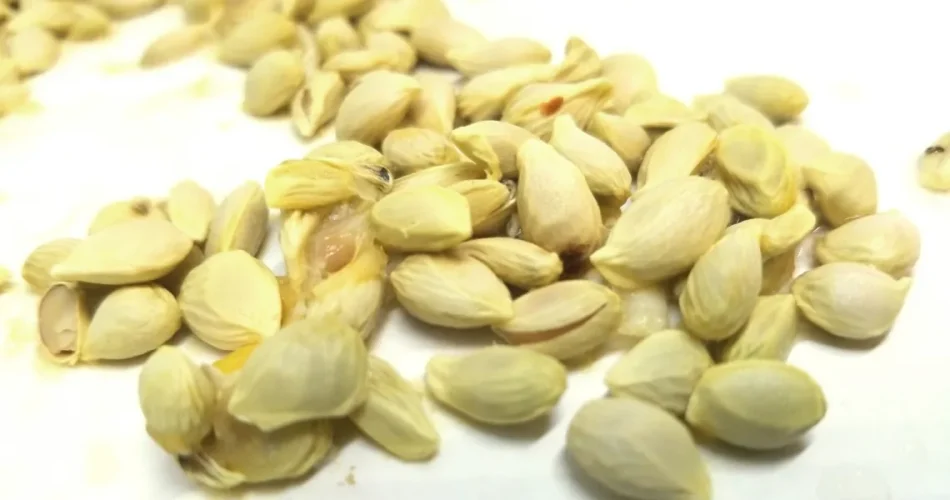When juicing lemons, avoid discarding the seeds—a practice that can be more valuable than gold when utilized properly.
If you’ve been in the habit of tossing lemon seeds, consider saving them to explore their potential.
Lemon Seeds: Utilization Tips
Lemons, prized for their distinct flavor and versatility in culinary and household applications, are cherished citrus fruits. Rich in vitamin C, their natural acidity aids digestion and alleviates bloating. Originating from Asian countries and prevalent in the Mediterranean, lemons have a storied history of trade.
In cooking, lemons are ubiquitous, enhancing dishes, sauces, and desserts primarily with their zest. While lemon juice, pulp, and zest are commonly utilized, why discard the seeds? Here are some ways to maximize their utility.
After using the lemon, set aside the seeds and rinse them thoroughly with room temperature water using a strainer. Dry them on a paper towel and carefully remove their outer skin with tweezers.
Next, place the seeds in a small container with damp cotton and allow them to sit for at least a week. Within this time, the seeds will sprout small shoots.
Continue to maintain a moist environment to encourage further growth until the shoots develop roots. Then, plant the seedlings in small pots filled with a mixture of soil and perlite to ensure proper drainage. Provide ample light, warmth, and moisture to nurture your lemon saplings into fruitful trees.
Create a Fragrance
Beyond cultivation, lemon seeds can be repurposed to create fragrances for drawers and cabinets. Rinse the seeds without removing their skin, as they retain their natural scent for an extended period.
Place the seeds in a small canvas bag and use them to infuse drawers, cabinets, or rooms with a refreshing lemon aroma. Hanging them near radiators in winter will release their delightful scent.
In essence, exploring the versatility of lemon seeds offers a multitude of benefits, from cultivating new plants to crafting aromatic experiences for your home.

